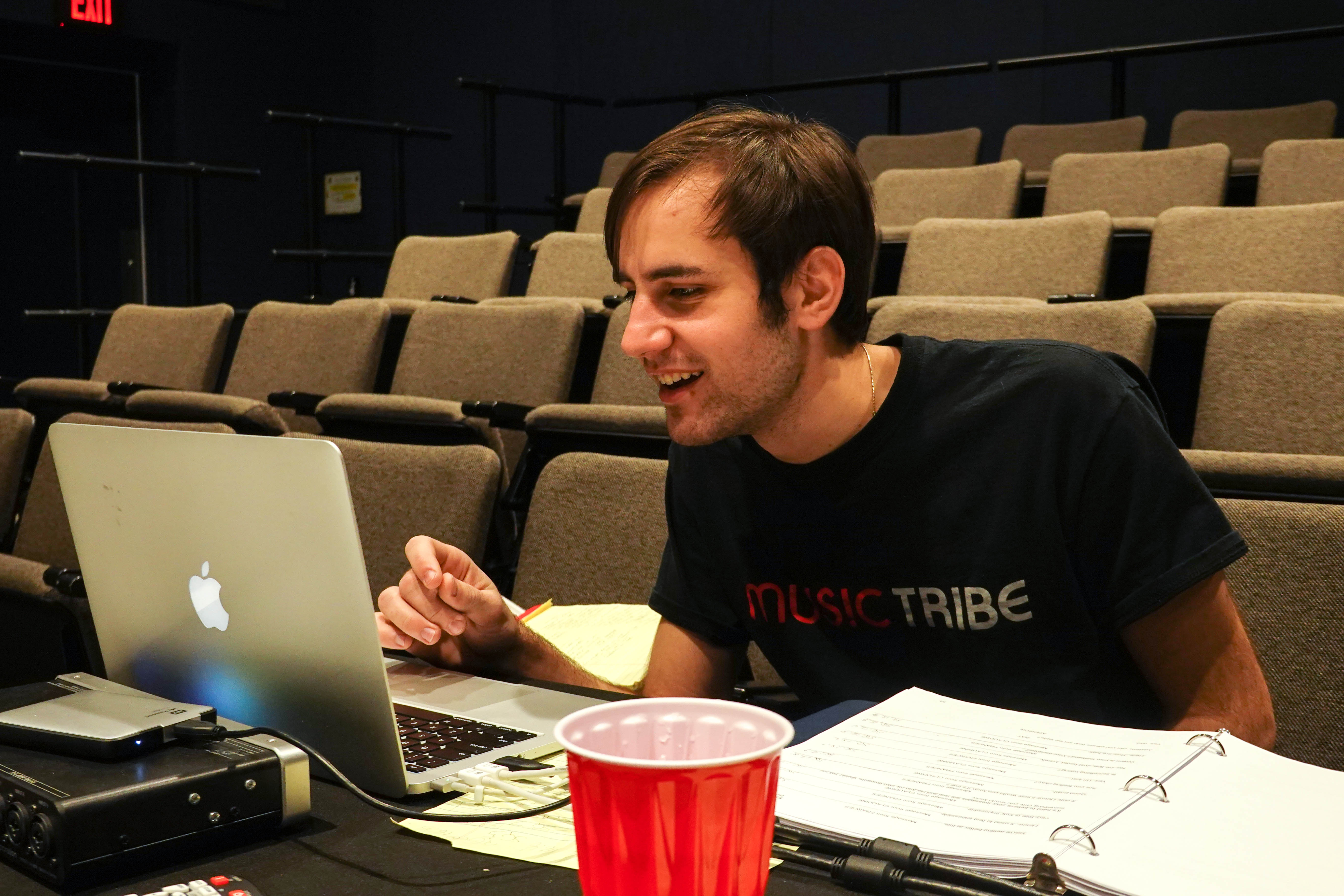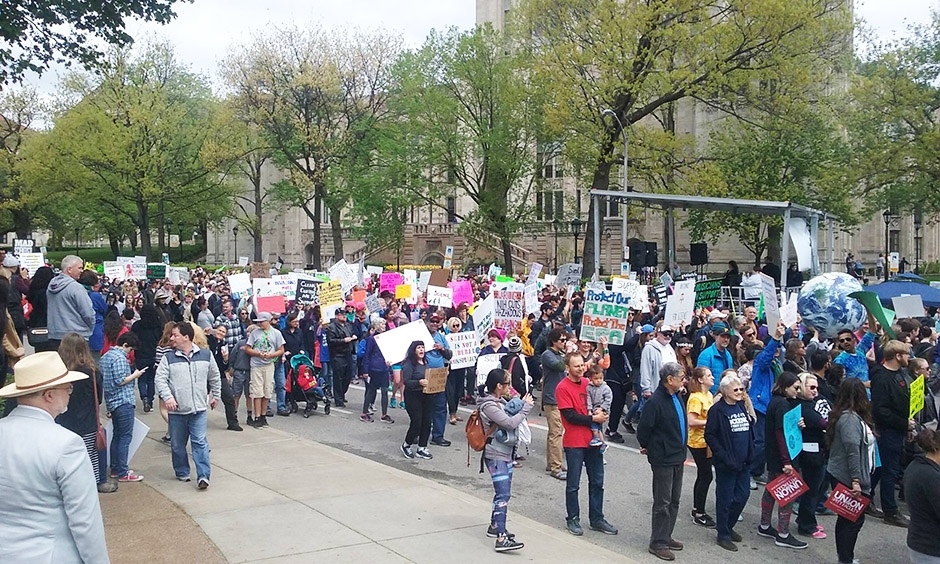By: Zach Brendza|Features Editor
Katie Gallagher is a fifth year student at Duquesne and Tamburitzan who recently received a Fulbright scholarship and will teach English in Presov, Slovakia this fall. Features Editor Zach Brendza sat down with her and discussed her experiences at Duquesne and what lies ahead for her.
Q: Can you talk a little about yourself, your year, major, etc.?
A: I’m in my 5th year at Duquesne and I actually have two majors – international relations and elementary ed. I did a minor at Pitt in the Slovak language, and I have a certificate out of an institute in Chicago for TEFL, which is Teaching English as Foreign Language.
Q: You said previously you were from Wisconsin; could you talk a little bit more about your background?
A: I grew up in a small village on the south shore of Lake Superior. The village name is Lake Nebagamon. The reason why I’m at Duquesne is because of the Tamburitzans. Every summer they would come to my hometown and perform there because during the late ‘70s and early ‘80s they did a training camp there for the entire summer so I grew up with the Tamburitzans.
I’ve been doing that the past four years while here and it’s been a great experience. I’ve traveled around the United States and have had so many great experiences that would not have occurred if not for Tamburitzans.
So that brought me here and also struck my interest in folk, specifically Slovakian culture. I’m half Slovak, half Irish so that lead me to study the Slovak language at Pitt, the only university in the U.S. that offers Slovak. I started my major in education, then picked up the minor in Slovak, and then I felt like I really wanted to do something else – not just become a teacher. It was then that I started a degree in international relations. Dr. Lucente, who is the Italian consulate and the head of IR at Duquesne really, really helped with what I wanted to do with my crazy combination of majors. I’m actually the first student at Duquesne to get a degree in elementary education and international relations. It was then she suggested I attend a meeting at for the Fulbright scholarship back in last April.
I attended the information meeting and thought about it during the months of May and June and when I came back in August I really started to consider it. It was really seriously starting to hit me that it would be something I would want to do, I would like to go to another country, Slovakia in particular, and become an ETA English Teaching Assistant.
(Once accepted) the head of the school contacted me through Facebook. She said, “Congratulations” in Slovak. I didn’t know if I should believe this or not. About a week later, I received the documents from Fulbright in Slovakia that said, “Yes, we accepted you.”
I’ll be leaving to go over at the end of August. My contract will go from September through the end of March. The city I will be teaching at is in Presov, in the eastern part of Slovakia.
Q: Could you talk a little bit more about the scholarship itself?
A: There are two types of Fulbrights: There is the ETA, the English Teaching Assistant, or the research grant scholarship. The ETA goes to someone who goes to a school. There are Fulbrights all around the world. It’s a very global scholarship. I’m not quite sure what I’ll be doing when I go over there but I’ll find out when I get there. All I know is that I will be working at the school with the students and staff with English language.
Q: What does this mean for your career as a Tamburitzan?
A: I have six shows left with the Tamburitzans this season, then I will be done. I have a banquet at the end of this month, then I will be officially done with the Tamburitzans.
Q: How does this make you feel, to be leaving?
A: It’s bittersweet really. The Tamburitzans have provided me with so many experiences and opportunities. I don’t think I would have received the Fulbright if the Tammies had not been a part of my life just because it really inspired me to become more involved with other cultures especially the Slovakian culture. I also have family living in Slovakia too which is kind of a bonus for me to be going there.
Q: Do you have any idea what you would want to do with your life after your education and this experience is over?
A: I think I would like to internationally teach for a bit; then pursue something more geared toward an international relations degree – whether it is working with someone as a diplomat or working with an NGO. Something I would like to do while in Slovakia is be involved with the ethnic minority group called the Romani. I was really taken aback by their standard of living versus other Slovaks. They are very much socially and economically behind other Europeans. And so something I’ve been interested in is seeing if we could develop more of an education system for them seeing as I have an education major.




to Zach Brendza, Duke Features Editor
Although I spell my name Brenza, it was originally Brendza, like yours. It’s possible we are related. I was born and raised in Cleveland, Ohio. My grandparents were Andrew and Barbara Brendza, who immigrated from Celovce, Slovakia in about 1893. Celovce is in the Zemplin area of eastern Slovakia. slightly east of Kosice, near the Ukraine. I’d like to hear from you regarding your background, since Brendza/Brenza is not a common name in the U.S. Don’t wait too long as I’m now approaching my 92nd birthday. By the way, I happened to stumble across your name while running through Tamburitzans listings to see if they had yet established their schedule for the new 2014-2015 season.
John Brenza